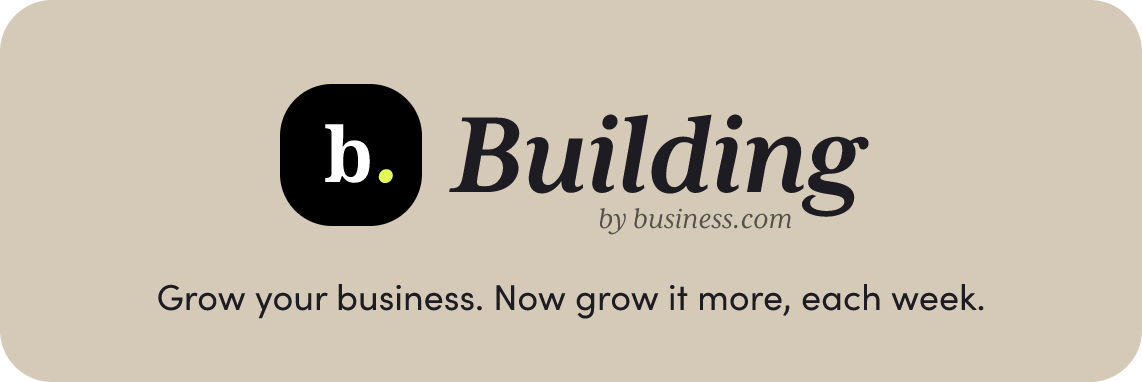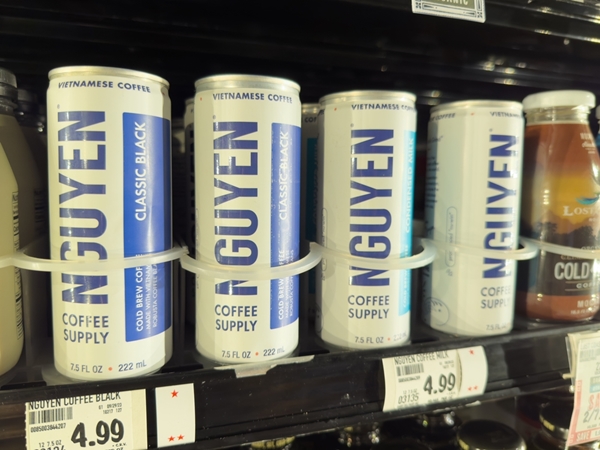First, CBD became the non-psychoactive, health-focused alternative to THC as states legalized marijuana. Now, with Oregon and Colorado legalizing psilocybin, will “functional” mushrooms — valued at an estimated $26.7 billion market as of 2021 — serve the same purpose?
Psychedelics have generally been normalized in Silicon Valley, where tech executives micro- and macro-dose to reduce anxiety and boost creativity. However, most businesspeople in the U.S. probably aren’t looking to trip their faces off. Adaptogenic fungi such as reishi, cordyceps, and lion’s mane might relieve stress and boost energy, inducing an overall flow state without the mental side effects.
Emphasis on might. Since functional mushrooms are treated as supplements as opposed to drugs, the Food and Drug Administration doesn’t require manufacturers to prove they are safe or effective. And that can be frustrating for ethical manufacturers.
“The mushroom space will be dominated by whoever can get the next exaggerated claim in front of the consumer first,” says Ziv Haklili, co-founder of Live Conscious, a wellness brand that produces the superfood mushroom coffee Beyond Brew.
Many of the industry’s claims about improved brain functioning are based on rodent studies. Functional mushrooms show potential for positive impacts on human health — such as improved sleep and mood — but scientists caution they need more study.
Even if the FDA isn’t a threat to functional mushroom marketing, social media algorithms could be. “When we have videos go viral on TikTok and Instagram, we commonly get flagged and banned incorrectly for ‘violating community guidelines,’” says Alli Schaper, co-founder of SuperMush, which sells mushroom mints and mouth sprays. “This just further proves the need for education.”
That education may not fully happen until clinical research catches up with consumer demand. Go ahead and sip on some mushroom coffee, but you might want to hold off on drinking the Kool-Aid.




.jpg)
%20(002).jpg)

